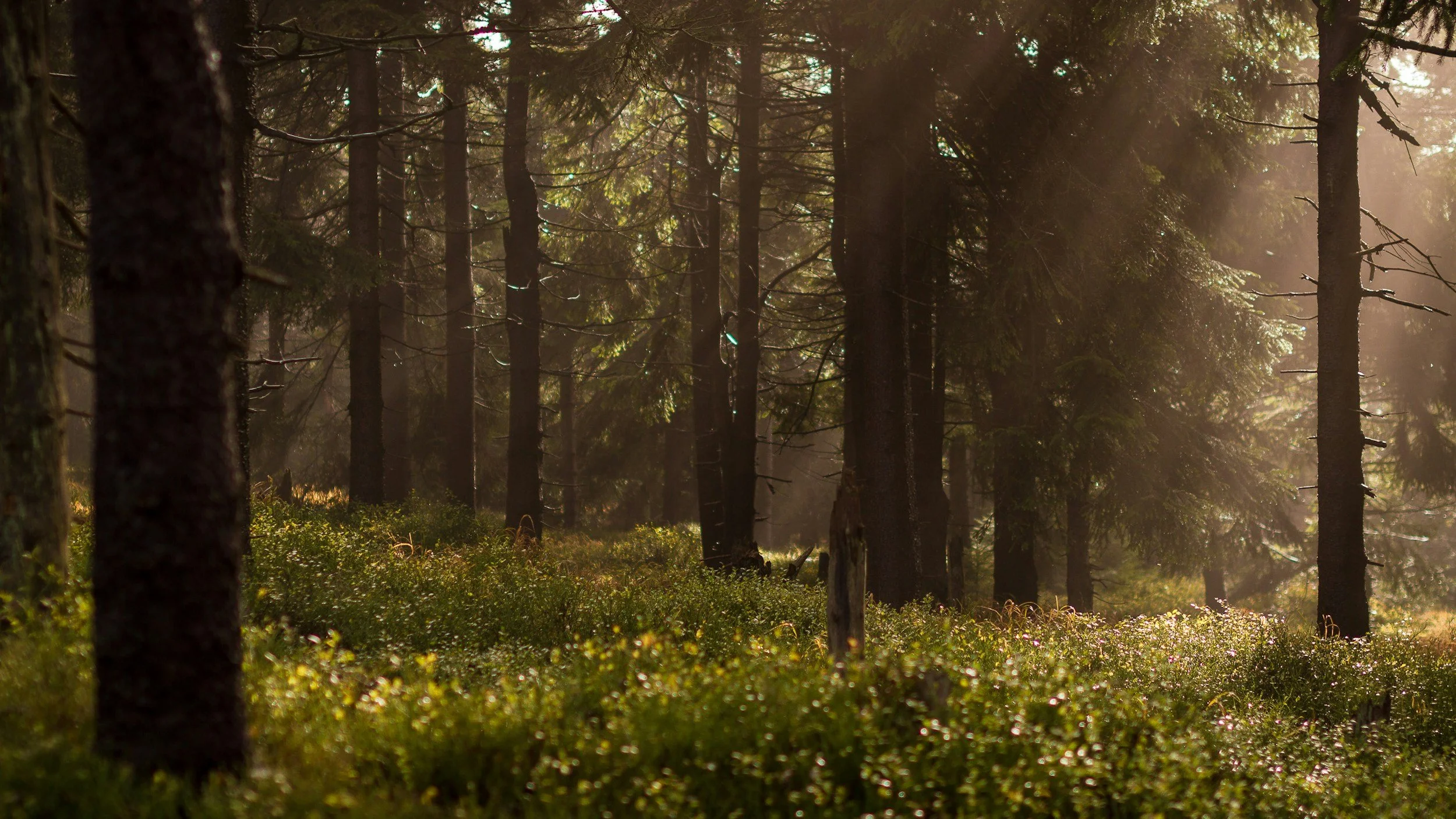By a set of lucky circumstances, I have gotten to know a person named Marcy Newman who lives in Bangalore--the capital of the Indian state of Karnataka, in south India. Marcy lives with her husband in what she referred to as an eco-community, and I wanted to know more, so despite the time zone difference (when it’s 8:30 am in Chicago, it’s 8:00 pm in Bangalore), we arranged a time to talk.
Two Nourishing Nourishers
My path crossed with that of Chef Max Musto in early October, during the wonderful Austin Eats event at the Bethel New Life Mildred Wiley Wellness Center in Chicago’s Austin neighborhood, and I wanted to know more about him. And, in a way, I also crossed paths with Chef Qia C at the same event (or at least my palate did; I tasted her food!), so I reached out to both of them to learn more about these two Chicagoland nourishing nourishers, and here they are. First, Max. Then, Qia.
Speaking Up for the Rights of Nature
What rights, if any, do our ecosystems have? And who will speak for them?
Under the current system of law in almost every country, humans have the right to exploit nature, because lakes, rivers, wetlands, forestlands, and other ecosystems and natural communities are considered to be property. And, as property, its owner has the right to treat it as they choose, including damaging or destroying it.
Fashion for Good in Amsterdam
This past March, my husband and I had the good fortune to visit the Fashion for Good Museum in Amsterdam, the Netherlands—an interactive museum that tells “the stories behind the clothes you wear and how your choices can have a positive impact on people and our planet.”
The health of the planet is top of mind for people in Amsterdam—something we learned almost as soon as we arrived, as the cab driver who took us from the airport to our hotel, driving a fully electric vehicle, mentioned the concern: Amsterdam is below sea level, likely to feel heavy impacts of climate change, and thus, a place that is working toward solutions and adaptations.
Beyond Bloodshed: The Environmental Ravages of War
When a country is at war, both its people and its biodiversity are under attack. As warfare kills, wounds, and traumatizes countless humans, it also destroys, damages, and endangers soil, air, water, wildlife, flora, and fauna—elements that all humans depend on for life. Warfare is, in short, an act of destruction that disproportionately affects all the planet’s essential ecosystems.
Why Coke Stopped Using Glass Bottles
The story of this stuff begins in the once-upon-a-time land of the late 1800s, when Coca-Cola was an environmentalist’s dream—served in stylish, refillable glass bottles that were washed and reused dozens of times. Today, however, according to the Story of Stuff website, Coke has become the world's biggest plastic producer and polluter, “pumping out a quarter of a million plastic bottles every minute . . . almost one-quarter (23%) of the world’s PET plastic bottles.”






